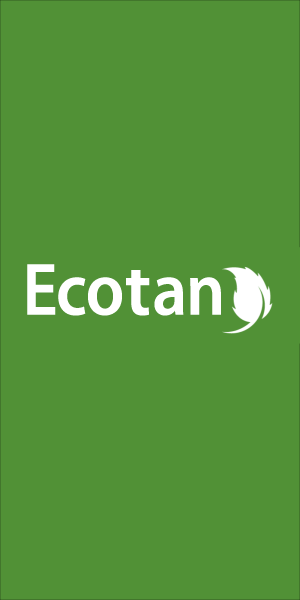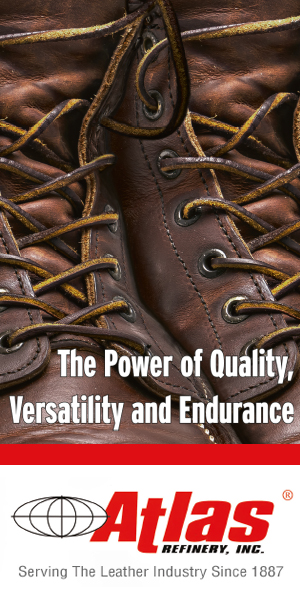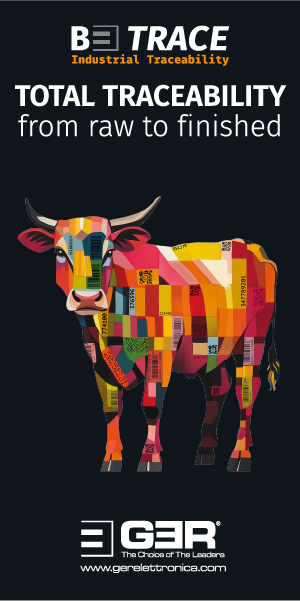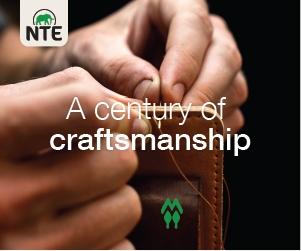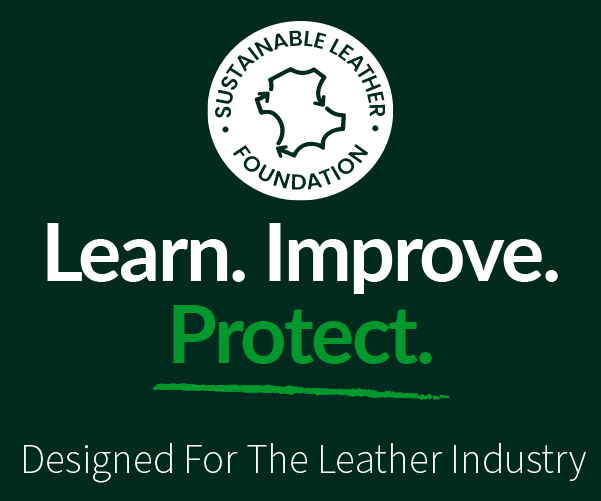Fix up, look sharp

The team behind Circulo, a software platform connecting brand and repairers, has published a white paper that sets out the business case for circular services.
Fashion brands must find new ways to strengthen customer relationships while meeting growing environmental expectations, and one of the keys to this is to offer repair services, according to a white paper published by software platform Circulo. In ‘Repair as a sustainability cornerstone: Building business value through product care’, the authors cite a UK Fashion and Textile Association study that shows while 61% of executives believe their customers are more loyal than before the pandemic, only 20% of consumers agree. These figures, they say, show that businesses need to find ways to build those bonds, and connecting customers with repairers in a seamless fashion is a first step.
“When we talk about customer relationships, the conversation often centres on marketing and sales,” says Circulo co-founder Emily Rae. “But here's a striking reality: brands are missing crucial touch-points when customers seek repairs elsewhere, losing both the emotional connection and valuable data that could improve future products.”
Circulo was launched using the knowledge the founders, Ms Rae and Vanessa Jacobs, built in their previous business, The Restory, which connected repairers to brands and customers in the UK. They used “high levels of customer service, a love of craftsmanship and a passion for sustainability” to build a company “to whom the world’s leading brands could entrust their most important relationships”. The Restory partnered high-end footwear labels Manolo Blahnik and Nicholas Kirkwood as well as online retailer Farfetch to enable them to physically connect to people who had the skills to repair bags, clothes and shoes. However, the company went into liquidation after “changes” led the co-founders to walk away in 2023; the company had external investment in 2022.
Digital foot forward
One year later, the pair launched Circulo alongside software developer Karm Khanna and Vipaasha Sheel, a former colleague. Circulo is a software-as-a-service (SaaS) solution that enables brands, retailers, repair providers and repair-focused start-ups to build and manage repair businesses. “We are here to make repair profitable, scalable and seamless with smart software,” explains Ms Jacobs.
The founders identified a barrier to scaling repair is the absence of technology to address the demands of repair processes. Brands and businesses usually rely on manual ticketing processes or legacy systems that become out of date and inefficient, they say. This new platform allows users to create a customer-facing portal through their website or in-store; automate courier bookings, shipping labels and logistics communications; and access dashboards to provide visibility on orders and performance metrics. It can also provide quotes based on digital assessments of goods or facilitate bespoke quotes based on physical assessments.
Research
In the new white paper, Circulo quotes research from consultancy Deloitte that found 75% of consumers would consider using repair services, and that 56% had repaired items instead of replacing them in the past year. It also found two-thirds of consumers take a product’s reparability or durability into consideration before making a purchase and 54% say they are more likely to trust refurbished goods from leading brands. “When brands don’t offer repair services, customers often seek independent repair options, resulting in missed opportunities to deepen emotional connections, enhance loyalty and capture valuable first-party customer, product and repair data,” says Ms Rae.
She adds they were repeatedly told it is impossible to scale repair services when they launched the Restory in 2017 but now the landscape has transformed dramatically. “Curry’s now operates one of Europe's largest repair operations with 1,000 repair experts under one roof. Luxury pioneers like Chanel have dedicated repair ateliers in London, Apple's iPhone 16 is the most repairable yet, and shoe brand Veja has a repair destination in Paris,” she says.
She also comments that companies with effective service solutions see 6% revenue growth, customers are twice as likely to increase purchases when they feel heard, 82% of customers want help reducing time spent researching services, and 91% of executives know their loyalty programmes need better benefits. As incoming regulations will force brands to take more accountability for end-of-life for their products, the need to keep goods in circulation – with leather lending itself perfectly to this – will only increase. “The data is clear: consumers want to maintain relationships with brands through repair, but they need the right infrastructure and experience to do it.”
Mulberry: 10,000 repairs per year
The UKFT report that formed the basis of Cirulo’s white paper highlights the progress Mulberry has made with its Made to Last Manifesto, launched in 2021. The team at The Rookery, Mulberry’s flagship Somerset factory, is home to some of its most highly skilled artisans. They renew and repair over 10,000 bags a year and they maintain an archive of materials and hardware that goes back over 35 years. In recognition of this approach, Mulberry achieved B Corp Certification in August 2024, joining a global community of like-minded organisations focused on transparency and accountability.
The company has also launched a Buy Back Programme, where Mulberry bags are authenticated and appraised, with the opportunity to put this value towards a new purchase. The suite of services is now available online as well as in its UK stores, where customers can make an appointment for an appraisal, or discover its exchange collection.
Growing consumer acceptance of repairs presents a significant opportunity for businesses, “but only if brands actively participate in the repair journey”.
Credit: Shutterstock








